This is a question that is often not considered as we work to protect our business. The truth is the opportunity to create a relationship with a competitor may provide a revenue stream not yet understood by you as the business owner.
Leveraging your business with competitors is a complex strategic decision that requires a detailed analysis of your specific circumstances and objectives. It can make sense in certain situations, but the decision should be approached with careful consideration of the following factors:
- Market Dynamics: Consider the competitive landscape in your industry. If it’s highly competitive with multiple players offering similar products or services, collaborating with competitors may be a way to differentiate and create a unique value proposition. On the other hand, in a monopolistic or oligopolistic market, collaboration might be less viable due to antitrust concerns.
- Common Goals: Determine whether you and your competitors share common goals or face common challenges. Collaboration is more likely to be successful if you have mutual interests. For instance, if the industry is facing regulatory changes, competitors may find it beneficial to work together to influence policy decisions.
- Complementary Resources: Assess whether your businesses have complementary strengths or resources. For instance, one competitor may have strong distribution capabilities, while another excels in research and development. By combining these strengths, you can create a competitive advantage that benefits both parties.
- Cost Efficiency: Collaboration can lead to cost savings through shared resources, such as infrastructure, logistics, or research. This can be particularly advantageous if your industry has high fixed costs or if you can jointly negotiate better terms with suppliers.
- Innovation: Collaborating with competitors can foster innovation. By sharing knowledge and resources, you might develop new products or services that drive industry advancements. Collaborative research and development projects can be mutually beneficial.
- Market Expansion: Collaborating with competitors can help you enter new markets or customer segments that were previously inaccessible. This can be especially valuable if you aim to expand globally or diversify your customer base.
- Risk Mitigation: Certain industries face significant risks, such as regulatory changes or fluctuations in commodity prices. Collaborating with competitors can help you spread and mitigate these risks. It can also make it easier to weather economic downturns.
- Legal and Ethical Considerations: Collaboration with competitors often raises legal and ethical concerns, particularly related to antitrust and competition law. Consult with legal experts to ensure your collaboration complies with all relevant regulations. Transparency and adherence to ethical standards are crucial.
- Trust and Relationship Management: Building and maintaining trust with your competitors is essential. Effective communication, clear agreements, and transparency is critical for successful collaboration. Personal relationships and professional networks can also play a significant role in making collaborations work.
- Exit Strategy: Always consider how you will exit the collaboration if it doesn’t work out as planned. Having a clear exit strategy in place protects your interests and ensures a smooth transition if the partnership ends.
- Confidentiality and Intellectual Property: Protect sensitive business information and intellectual property. Ensure that you have well-defined confidentiality agreements and safeguards in place to prevent the misuse or leakage of proprietary data.
In summary, whether it makes sense to leverage your business with competitors depends on your industry, specific circumstances, and objectives. Collaborating with competitors can yield significant benefits in terms of cost savings, market expansion, and innovation, but it also carries legal and ethical considerations. Careful planning, risk assessment, and a focus on mutually beneficial outcomes are crucial to making such collaborations successful.
Be open to idea and a conversation…you may be surprised with the results. Worst case the discussion goes south but you will not know until you are open to talking about the potential synergies.


